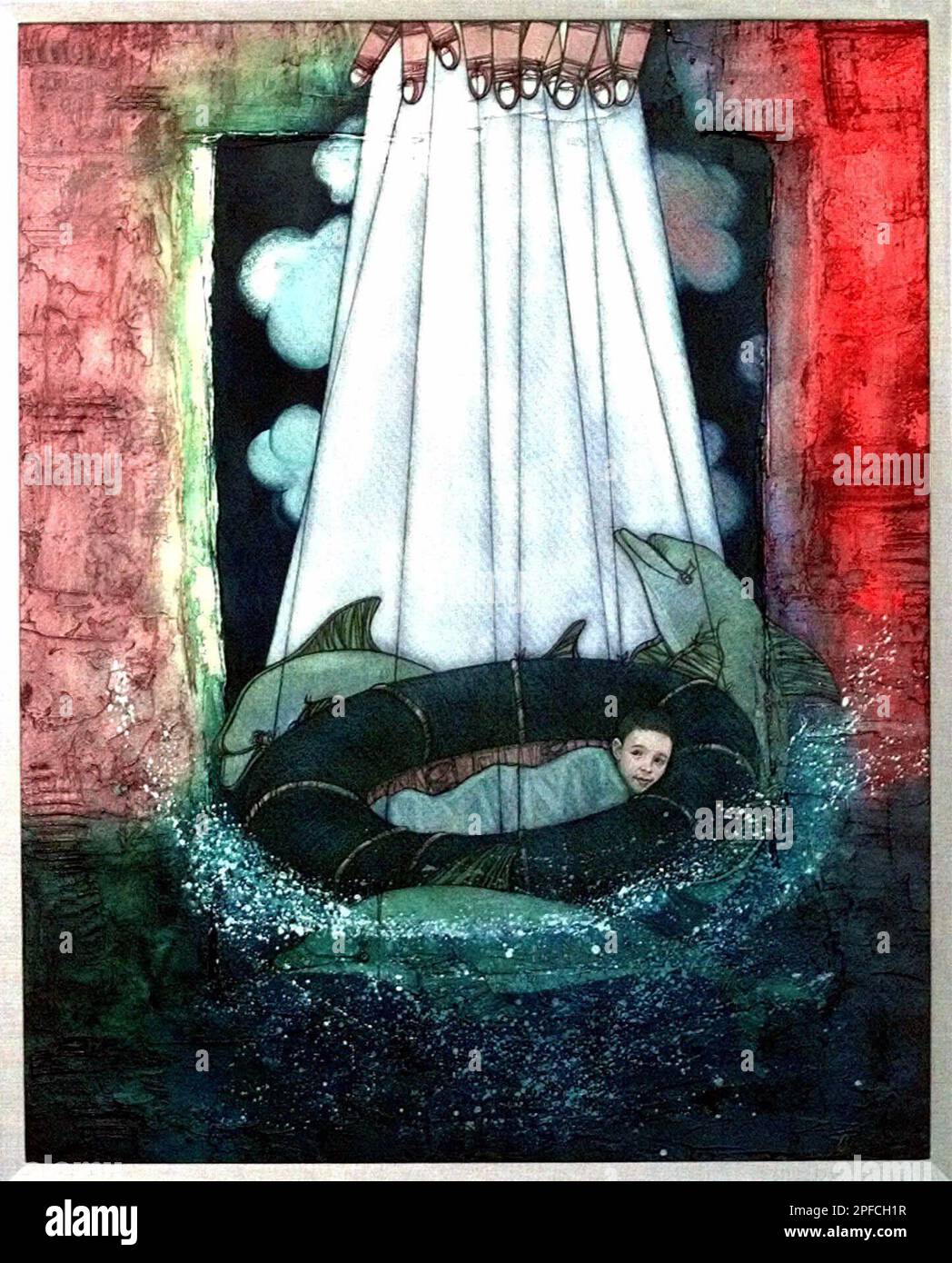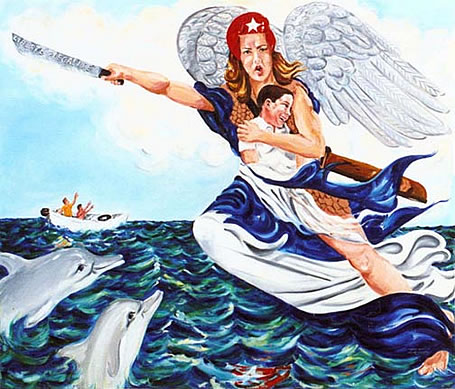Latin America
Related: About this forumFascinating blow by blow on the Cuban workers' parliaments: How the Workers' Parliaments Saved the Cuban Revolution
Fascinating blow by blow on the Cuban workers’ parliaments:
How the Workers’ Parliaments Saved the Cuban Revolution
Reviving Socialism after the Collapse of the Soviet Union
The end of the USSR removed Cuba’s principal trading partner overnight, depriving the country of the main market for its sugar harvest, which had been purchased at a fair price, well in excess of the artificially low world price. The U.S. government saw this as an opportunity to deal the finishing blow to the Cuban Republic and return the island to the neocolonial status in which it had been held before the 1959 revolution. The U.S. blockade was strengthened. Given the sudden drop in the standard of living, with resulting drastic food shortages, real hunger, and cuts in power and other basic services, there was every possibility that this would indeed be the end of the Revolution.
Pedro Ross was General Secretary of the Central de Trabajadores de Cuba (CTC). A lifelong trade union militant, he managed to use the trade unions to convince the workers that their best interests lay in defending the Revolution and that, bad as things were, they would be worse if the system collapsed. At the same time, he convinced the government that they had to keep the organized working class loyal to the Revolution. His negotiations directly with Fidel Castro obtained what was probably the best deal possible for the workers in the circumstances.
Mass meetings took place in 80,000 workplaces, neighborhood committees, farmers’ organisations, and the Federation of Cuban Women. These acted as a two-way conduit, informing the workers and farmers of the reality of the situation while, at the same time, allowing for votes on different options, all unpalatable, but some more acceptable than others. By giving ordinary people a direct say and a stake in the solution of the crisis, the Workers’ Parliaments brought back a commitment to the social gains of the Revolution and enabled Cuban society to slowly emerge from the “Special Period.”
continues ... https://monthlyreview.org/press/fascinating-blow-by-blow-accounts-pedro-ross-reviewed-for-new-west-indian-guide/
Marcus IM
(3,001 posts)In 1976, Cubans voted in a referendum overwhelmingly to change their system from a US style bicameral system to the more globally used Parliamentary system.
Today, Cuba has three levels of government. The Municipal Assemblies, the Provincial Assemblies, and the National Assembly.
All members are duly elected in citizen run elections. Only the citizenry - no party - can select a slate of candidates for the multi candidate elections for every seat. The winner must face a Ratification election process wherein a vote of at least 50%+1 in order to take their seat in the assembly. Terms are 6 years. Bi-annual accountability public forums are held where any elected official can be subject to a vote of confidence. If that is no achieved by at least 50%+1, then a new election for that seat is to be held in 6 weeks.
More here ...

https://www.amazon.com/Democracy-1997-98-Elections-Arnold-August/dp/0968508405
Judi Lynn
(162,377 posts)What we've been seeing for decades has been concocted by a place like the basement of the State Department, like Otto Reich's Office of Public Diplomacy which got them all in trouble for illegal propaganda propagation during Reagan's Presidency, or earlier than that, by professionals like Edward Bernays, the "father of spin" who blazed the way for government perception molding during the Eisenhower administration, starting with Guatemala in 1954, and Iran. Very few people seem to grasp they haven't seen much actual information regarding Cuba since the 1960's, not even understanding that Cuban authors' publications have been blocked from distribution here, just like Cuban cigars!
It always amazes me to see US Americans' wild assertions made regarding Cuba in public forums and in political speeches, realizing it almost always is anchored in pure fantasy which has been in circulation for decades. They just repeat what they have heard, or imagined they heard, or even pulled out of their backsides, and pass it on as fact!
The stuff concocted in Miamii during periods of mass hysteria or excitement often sets new records in spin. I'm still wonder-struck by stories which circulated over incidents they created concerning Elián González and his excellent miraculous adven ture coming to the US, as in when the very dolphins in the Gulf surrounded him and fought off the terrifying sharks which tried to eat tasty young Elián González! That event was so eloquently portrayed in paintings the Little Havana artists created, like this!




Thanks for this post, Marcus IM! ![]()